Economics has never been a science - and it is even less now than a few years ago
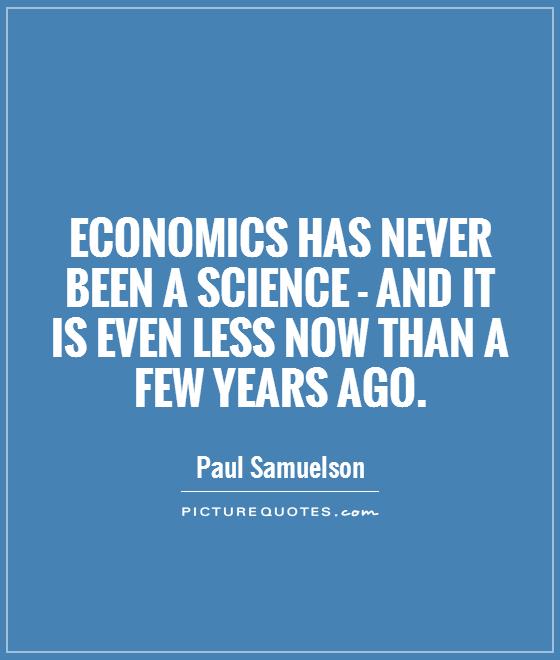
Economics has never been a science - and it is even less now than a few years ago
Paul Samuelson, a renowned economist and the first American to win the Nobel Prize in Economics, once famously said, “Economics has never been a science - and it is even less now than a few years ago.” This statement has sparked much debate and discussion among economists and scholars alike.One of the key reasons why Samuelson made this statement is the inherent complexity and unpredictability of human behavior. Unlike the natural sciences, where experiments can be conducted in controlled environments to test hypotheses and theories, economics deals with human behavior, which is influenced by a myriad of factors such as emotions, culture, and social norms. This makes it difficult to predict and model economic outcomes with a high degree of accuracy.
Furthermore, the global economy is constantly evolving and changing, making it even more challenging for economists to make accurate predictions. The rise of globalization, technological advancements, and geopolitical events all have a significant impact on the economy, making it difficult to develop a one-size-fits-all economic model.
Another reason why economics is considered less of a science now than it was in the past is the increasing influence of politics and ideology on economic decision-making. Economists are often divided along ideological lines, with some advocating for free-market policies while others support government intervention in the economy. This ideological divide can lead to biased research and analysis, undermining the objectivity and credibility of the field.
Moreover, the financial crisis of 2008 exposed the limitations of traditional economic models and theories. Many economists failed to predict the severity of the crisis, highlighting the need for a more holistic and interdisciplinary approach to economics. This has led to a growing recognition that economics is not a precise science, but rather a social science that is influenced by a wide range of factors.
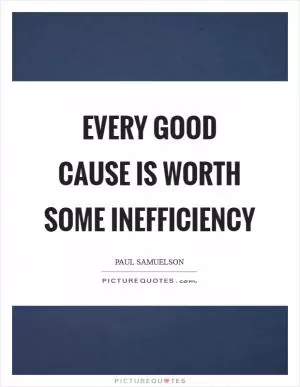
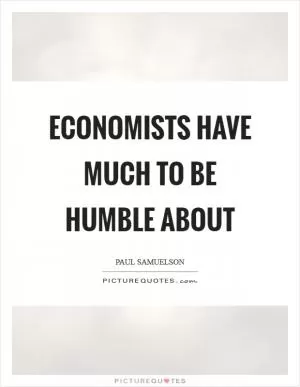
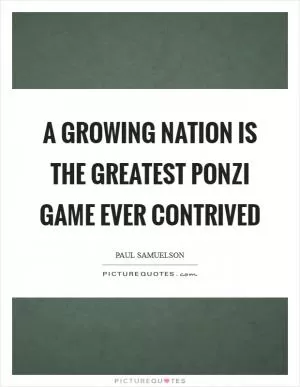

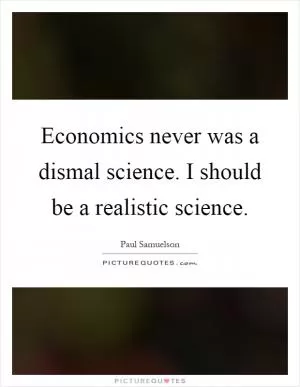
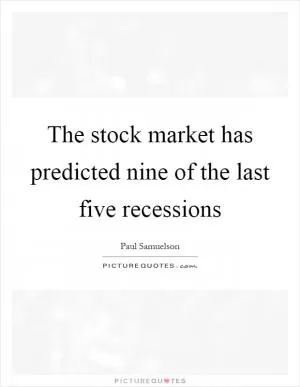



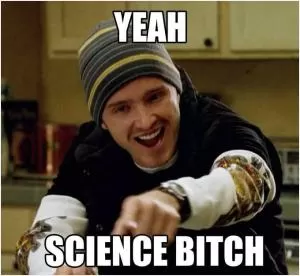
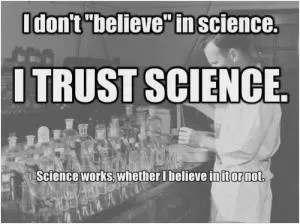
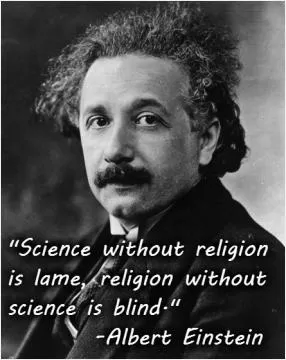
 Friendship Quotes
Friendship Quotes Love Quotes
Love Quotes Life Quotes
Life Quotes Funny Quotes
Funny Quotes Motivational Quotes
Motivational Quotes Inspirational Quotes
Inspirational Quotes